I am happily married to Stephanie (née Vojdani) and we are building a new life for our family here in Hawaii. We met while I was the Rabbi of the Jewish Congregation of Maui from Feb. 2022 to Aug. 2023. This was after serving for three years as the Masorti (Conservative) Rabbi for the Misgav Municipality in the Shorashim Village.
It will be a privilege and an honor to bring Jewish life to the Aloha Jewish Chapel and the Joint Base as a whole while reconnecting with the various different Jewish Congregations on Island and beyond.
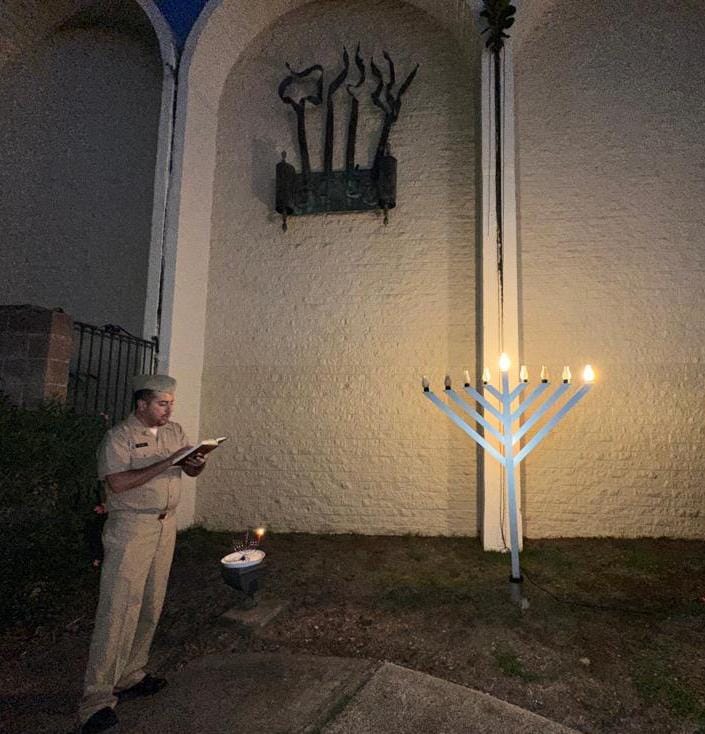
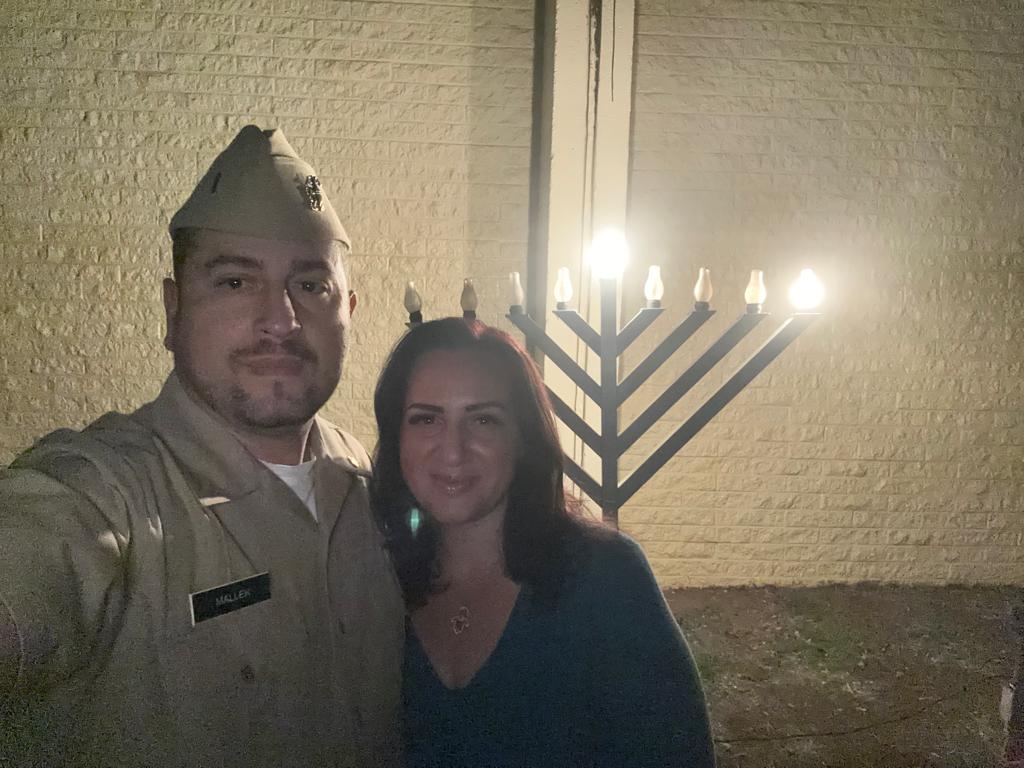
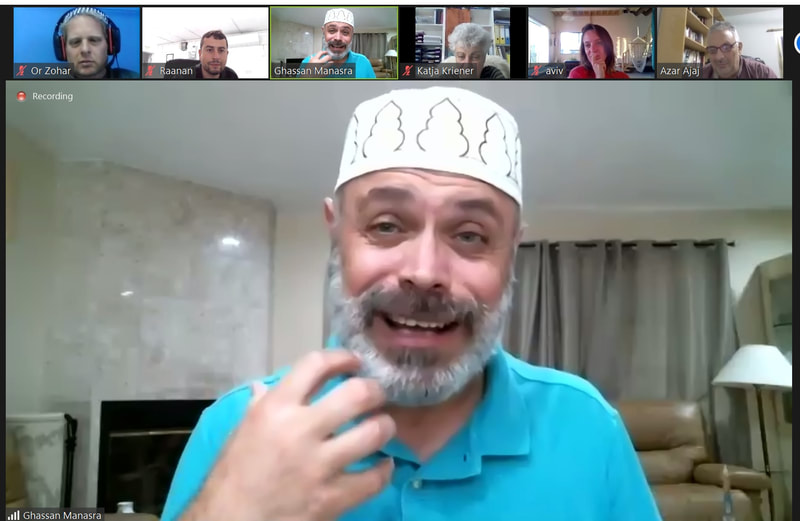
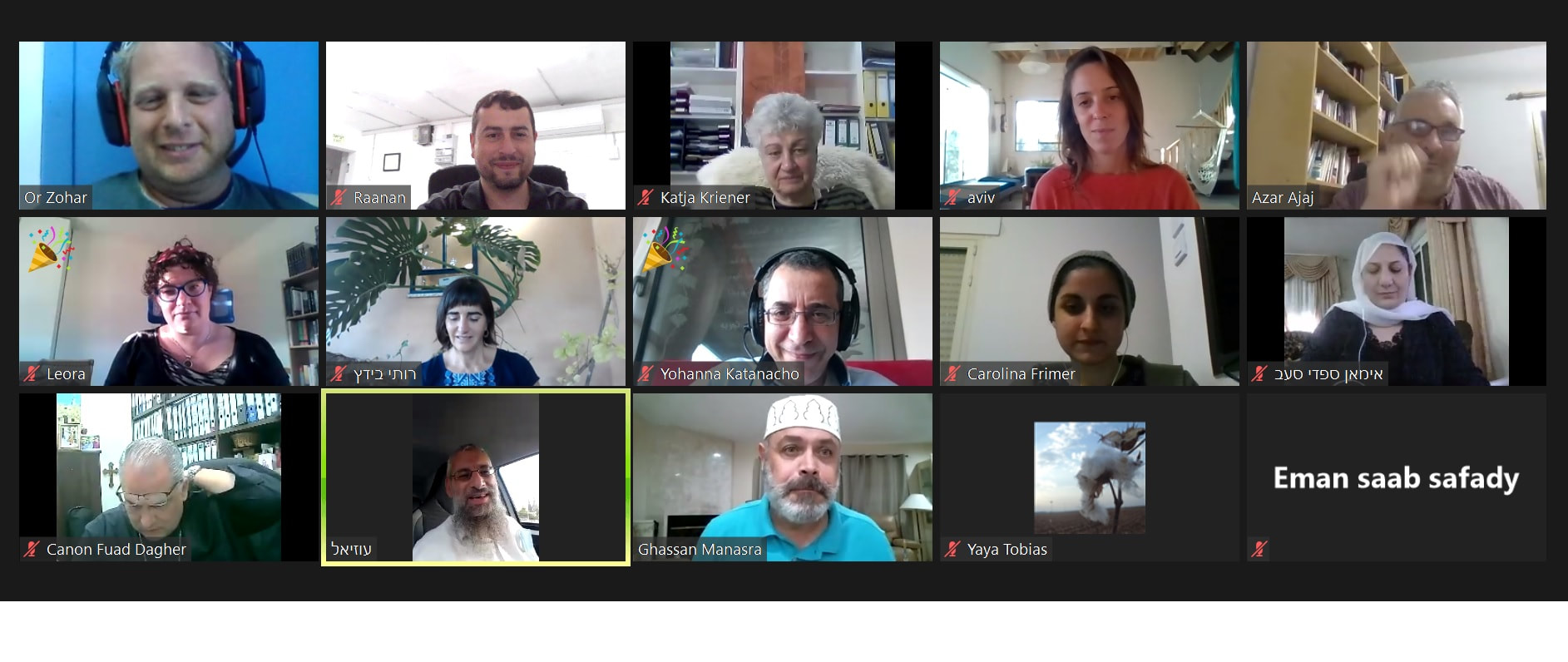
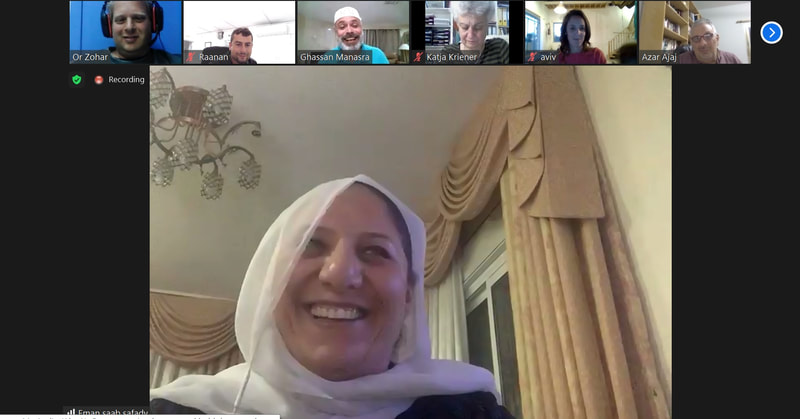
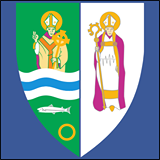
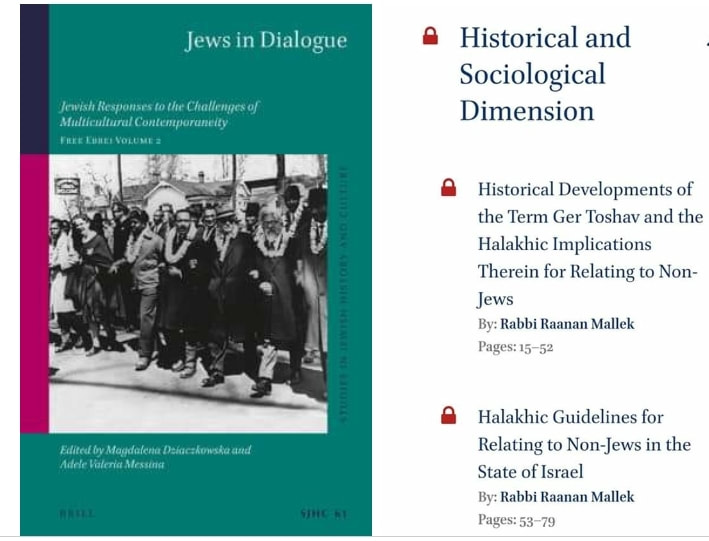
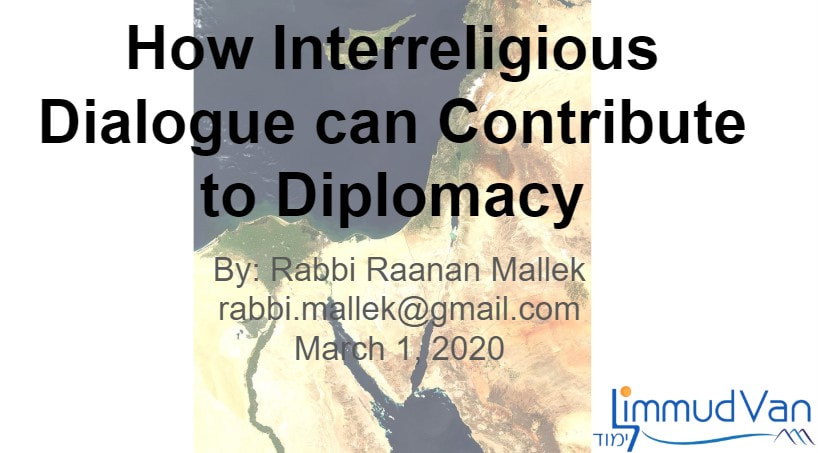
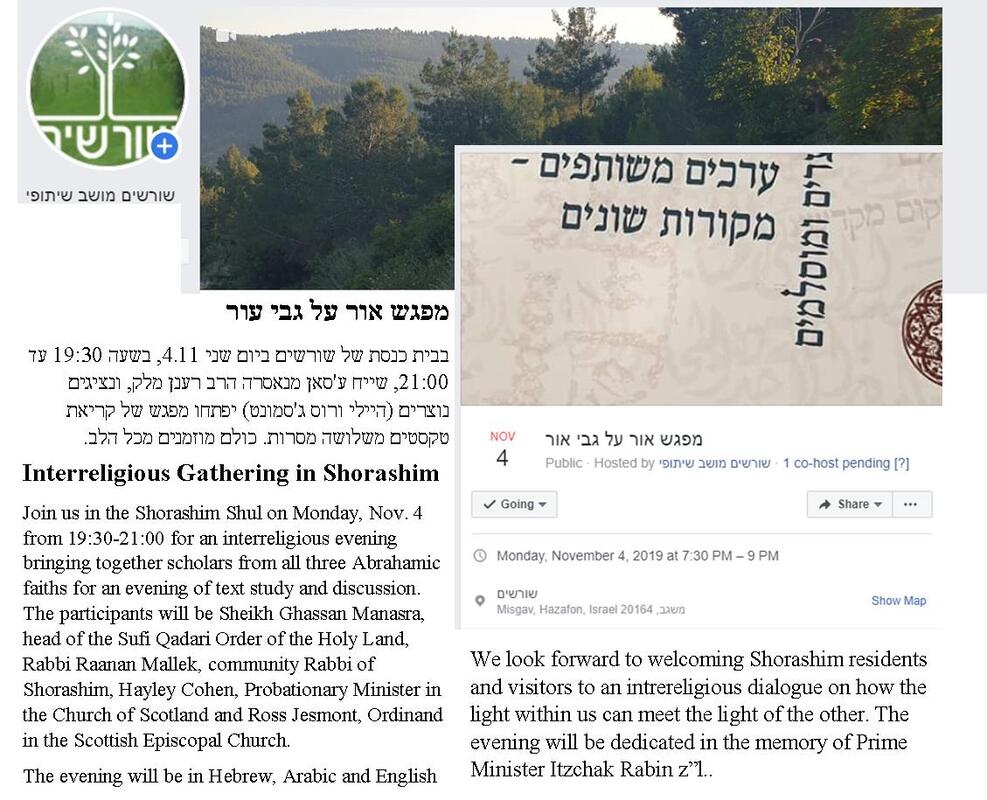
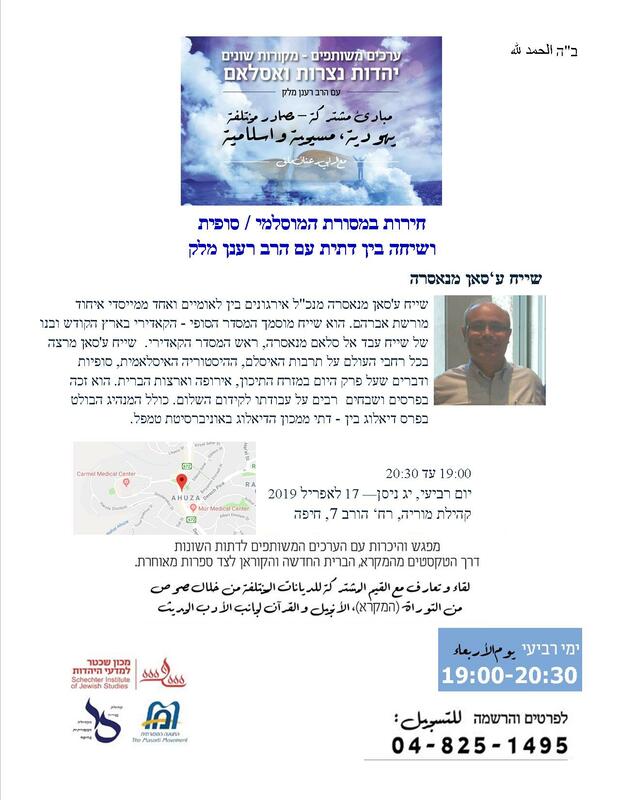
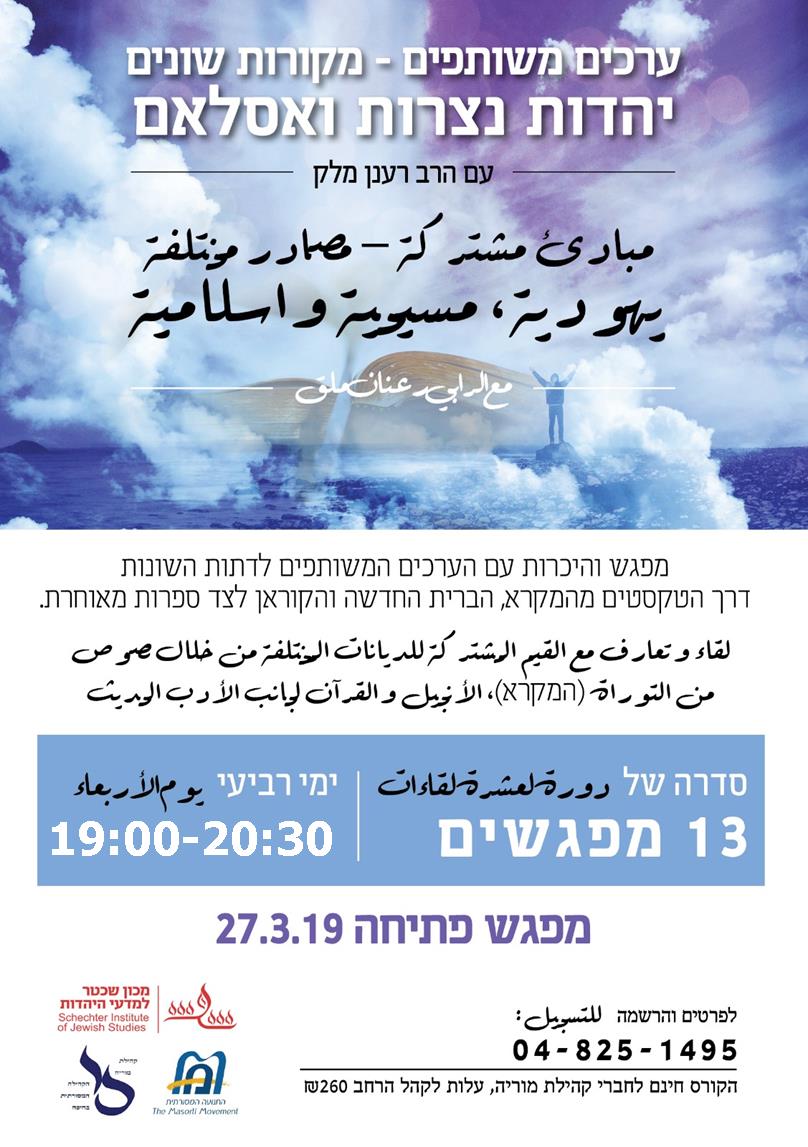
 RSS Feed
RSS Feed

